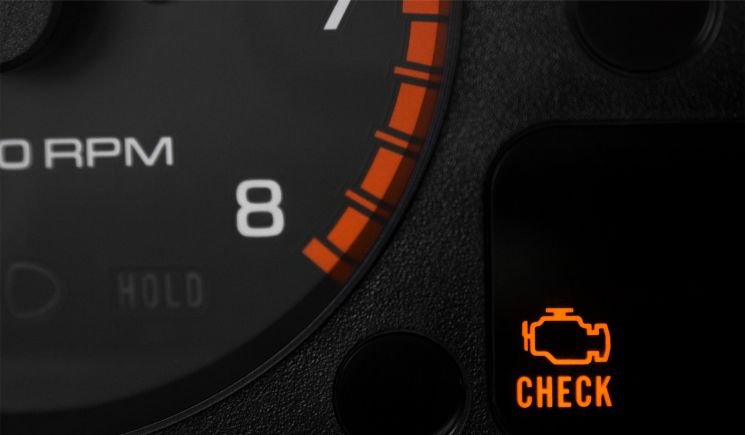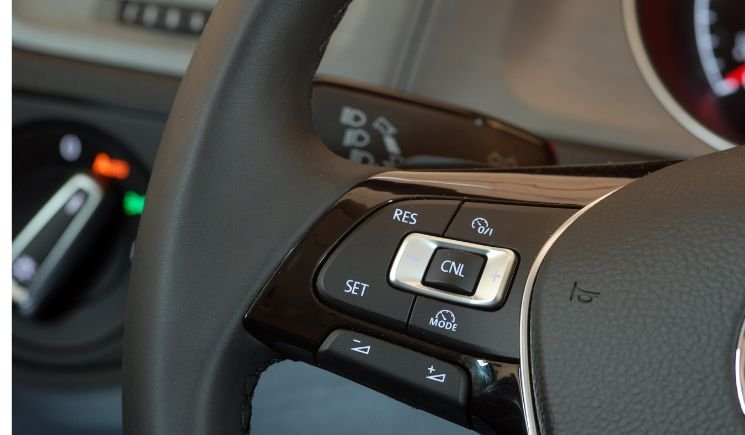Nissan Check Engine Blinking 5x? Stop Guessing, Get Answers Now!

In this article, we will delve into the world of Nissan’s check engine light system and focus specifically on what those five blinks might be trying to tell you.
We’ll explore the potential reasons behind this unique pattern, the significance of the blinking code, and how you can interpret it to diagnose and address the issue promptly. So, let’s get ready to shed light on the mysteries of the Nissan check engine light and decode the meaning behind those five blinks.
Table of Contents
- Common Reasons Why Your Nissan Check Engine Light May Blink 5 Times
- A Step-By-Step Guide To Help You Identify The Problem And Take The Appropriate Actions
- FAQs of Nissan Check Engine Light Blinks 5 Times
Common Reasons Why Your Nissan Check Engine Light May Blink 5 Times
Misfire in one or more cylinders
- A blinking check engine light often indicates a severe misfire that could damage the catalytic converter.
- Ignition system problems, faulty spark plugs, ignition coils, or fuel injector issues might cause this misfire.
Catalytic converter problem

- The catalytic converter usually plays a vital role in reducing harmful emissions from exhaust gases.
- If the check engine light blinks, it could indicate a problem with the catalytic converter, such as overheating or inefficiency.
Oxygen sensor malfunction
- The oxygen sensors monitor the oxygen levels in the exhaust gases to ensure the proper air-fuel ratio.
- A malfunctioning oxygen sensor can lead to reduced fuel efficiency and increased emissions.
Evaporative emissions system issue
- The evaporative emissions system is responsible for containing and processing fuel vapors.
- If there’s a leak or malfunction in this system, it can trigger the check engine light.
Ignition system issues
- Problems with the ignition system, such as a malfunctioning ignition module or crankshaft position sensor, can trigger the check engine light to blink.
Engine control module (ECM) problem
- The ECM is the brain of your vehicle.
- If it’s experiencing issues or failing, it can lead to various problems that trigger the check engine light.
Vacuum leak
- A vacuum leak can disrupt the air-fuel mixture, causing rough idling, decreased performance, and potential damage to engine components.
A Step-By-Step Guide To Help You Identify The Problem And Take The Appropriate Actions

- When you notice the warning light, the most important steps are to Reduce your driving speed and avoid putting excessive strain on the engine.
- Pay attention to any other symptoms your Nissan might exhibit, such as rough idling, loss of power, unusual noises, or excessive exhaust smoke.
- Check the gas cap to ensure it’s properly sealed. If you find any issues, tighten the cap or replace it if necessary. Afterward, reset the check engine light (if your vehicle allows manual resetting) and observe if it comes back on.
- Check for loose wires, disconnected hoses, damaged connectors, or any signs of wear and tear.
- After addressing the problem, you can use the OBD-II scanner to clear the error codes and reset the check engine light. If the issue has been successfully off the hands, the light should turn off.
- As the final step, take your Nissan for a test drive to ensure the problem no longer exists and that the check engine light remains off.
FAQs of Nissan Check Engine Light Blinks 5 Times
Can I still drive my Nissan with a steady check engine light?
A steady check engine light indicates a less urgent issue than a blinking light. While it’s not an emergency, you should address the problem immediately to prevent damage or deterioration in vehicle performance.
Can the problem be identified based on the number of blinks alone?
Unfortunately, the number of blinks alone does not provide enough information to pinpoint the exact issue.
Can a weak battery cause the check engine light to blink?
A weak or failing battery can cause the check engine light to blink. A sufficient power supply may lead to communication errors between the various vehicle systems.






